Inclusive Innovation and Equity-Centered Design
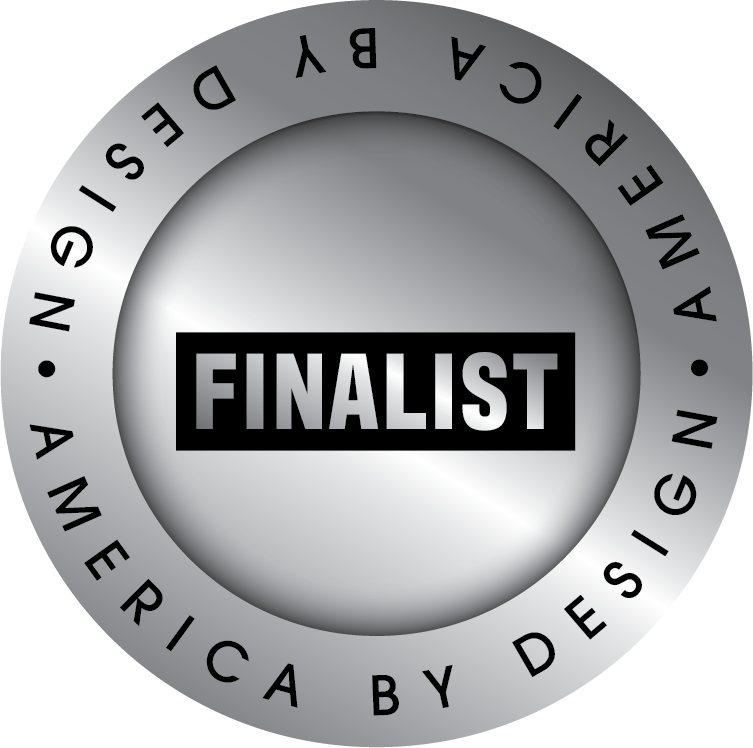
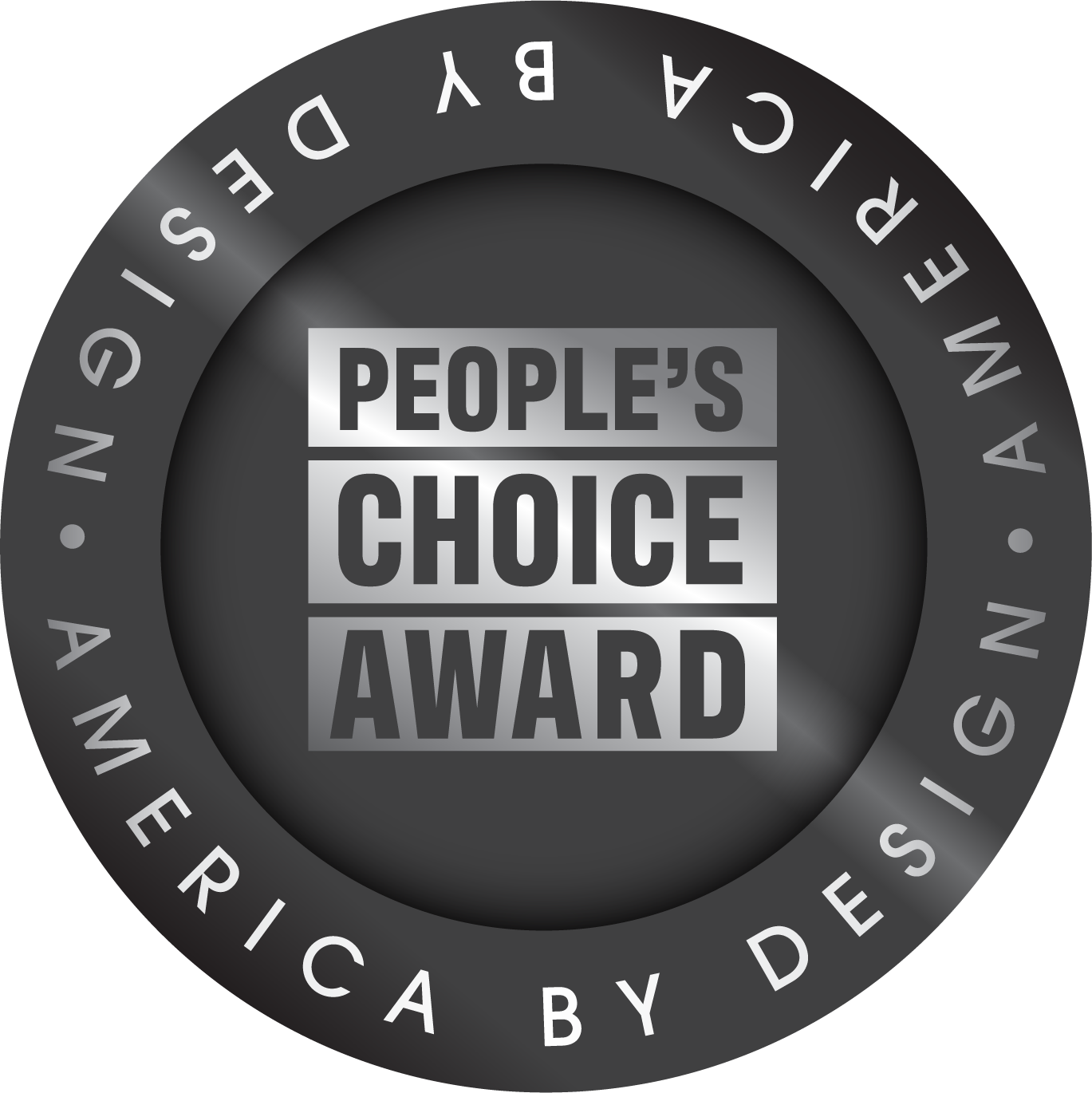
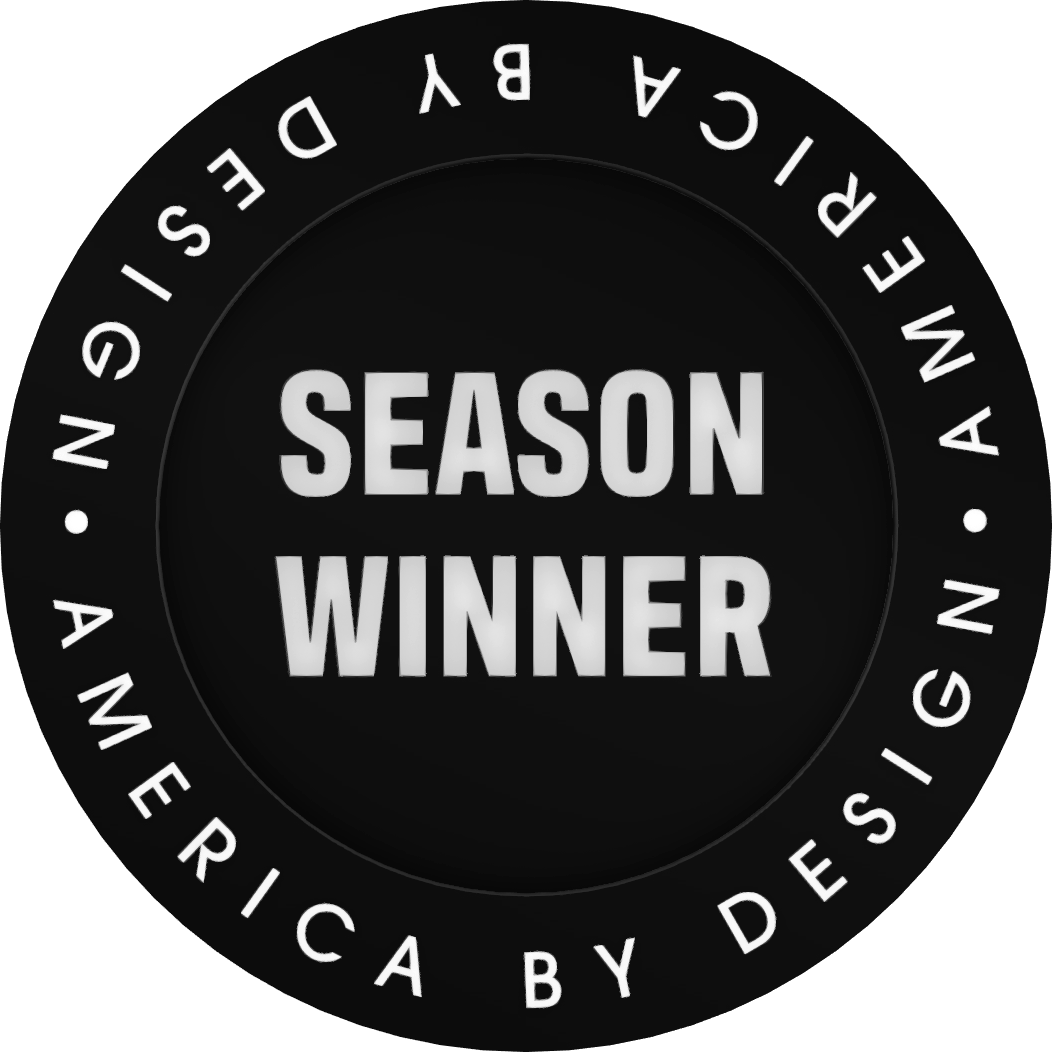
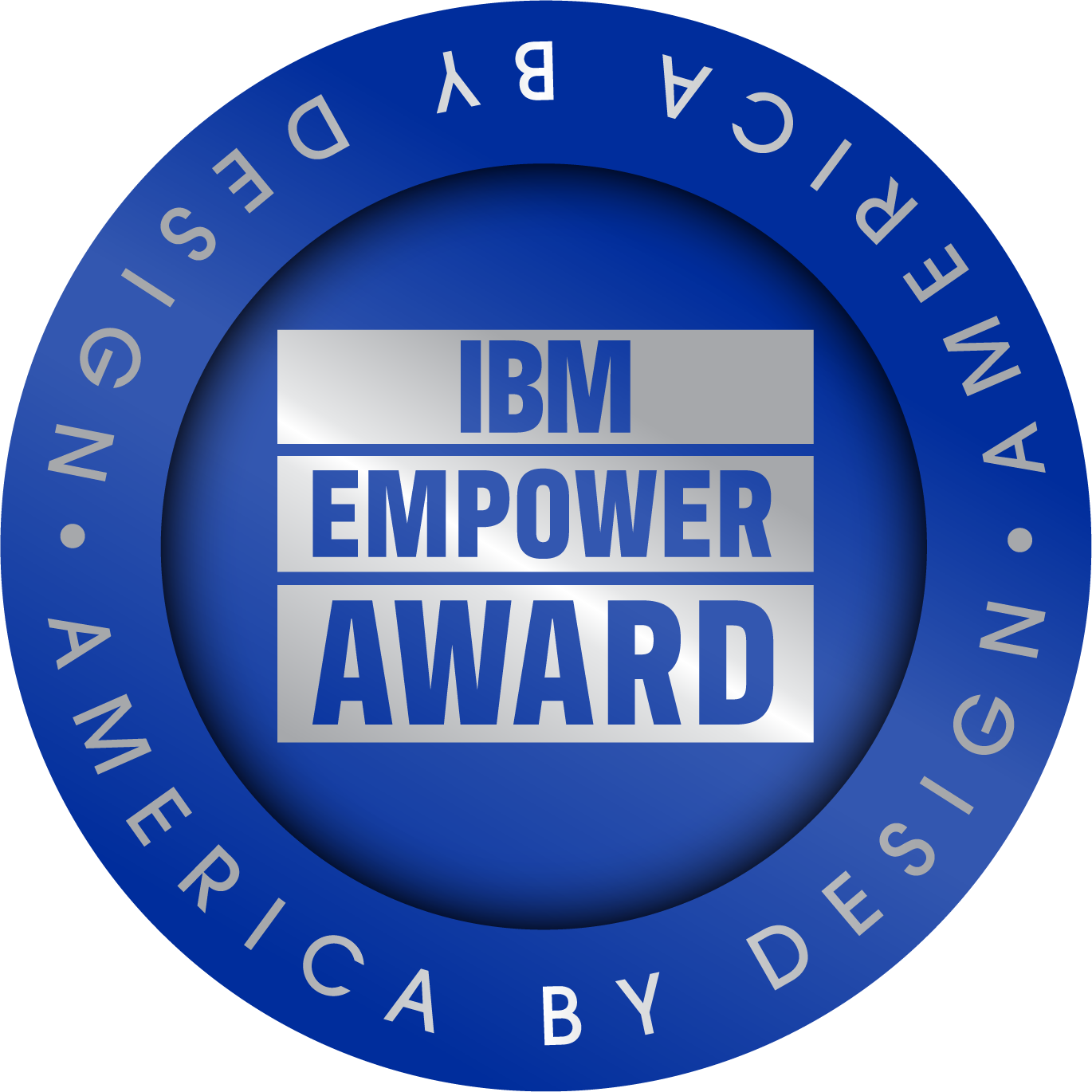
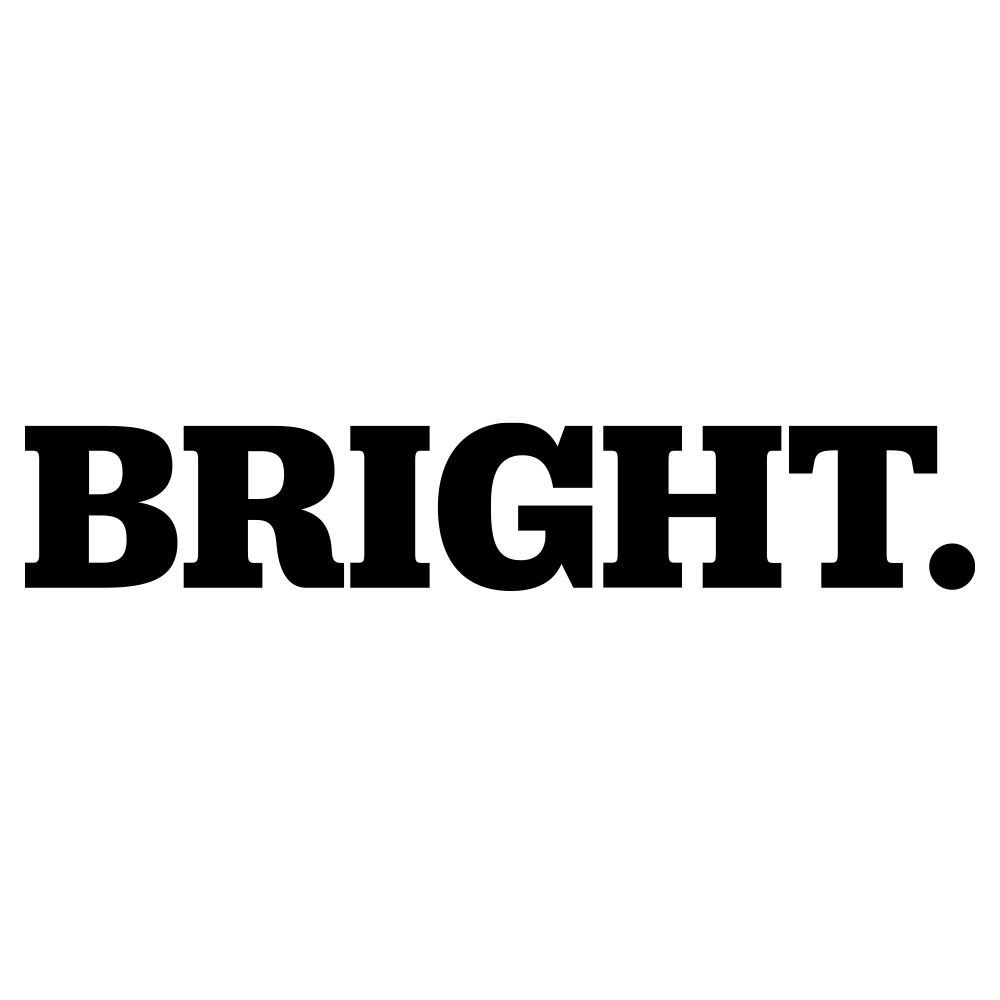

Inclusive Innovation: Embedding Diversity, Equity, and Inclusion (DEI) into the design problem-solving process
Something has been missing from the practice of design and innovation. Research, insights, ideation, and design have significant blind spots. Our lives are saturated by largely undifferentiated products and experiences that fail to include many and fail to motivate most. We have an opportunity to go back to first principles, and to reexamine design and product thinking disciplines to better produce experiences that resonate, that strengthen community relationships, and that generate solutions and value that have meaning for diverse audiences.
Growing discussions of inequity and systems of power in society (gender, class, race etc.) — vividly catalyzed by the murder of George Floyd — underscore the need to commit more deeply to diversity, equity and inclusion. We think that this is a large part of what has been missing from design and innovation: a deep integration of lived experience, community, trust, history, and equitable participation… a deep integration of real humanity and relationship into our practice.
We believe that embedding DEI into the design problem-solving process better creates breakthrough innovations that will resonate with today’s and tomorrow’s market. Inclusive Innovation prioritizes living expertise, activates community co-design, and recognizes systems. This methodology was developed, applied, and refined to challenges within Deloitte, and is now being used at Fortune 100 companies via traditional client service. Our work is moving forward externally through Ethos, Deloitte Digital’s purpose-driven innovation offering, and internally, through Deloitte Consulting’s new Talent Experience Initiative.
Draft Visual Assets:
Equitable Experience Framework – The equitable experience framework is a guiding framework to test talent experiences against. It represents a core set of identity needs that must be met by any service solution. The future state experience must address the core needs “See Me” or “Inspire Me” within the context of a larger system. The subsequent taglines “Value me by paying me equitably” represent how the core need comes to life within in the system, in this case, “Value Me” translate to pay given we are referencing a traditional workplace model.






